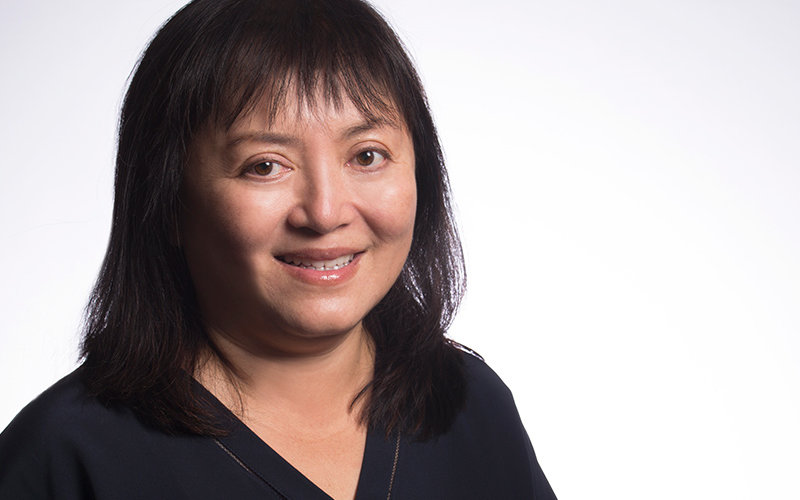
Growing up, mental health was not something discussed in Phi Loan Le’s family — even as her parents navigated the traumas of escaping Vietnam at the end of the war and the uncertainties of building a new future in the United States.
Cal State Fullerton’s new psychologist and internship training director in Counseling and Psychological Services (CAPS) discovered the field of psychology as an undergraduate student at UCLA, where she developed a passion for multicultural, women’s, sexual abuse and grief issues.
Le went on to pursue both a master’s degree in applied psychology and a doctorate in clinical psychology at Nova University in Fort Lauderdale, Florida. She brings to CSUF more than 25 years of professional experience at such educational institutions as Michigan State University, Cal State Long Beach and Santa Ana College.
What inspired you to go into the field of psychology?
During college, I was part of a small group of students committed to supporting Vietnamese refugees resettling in Southern California. As we spent more time with refugees addressing basic needs, it became apparent that there was a huge gap in mental health support for Vietnamese Americans. It wasn’t until I took a Psychology 100 course that I fell in love with psychology and wanted to continue working with underserved populations to decrease the stigma around mental health. Pursuing a doctorate in clinical psychology was a way for me to continue doing the work I feel passionate about.
What are your specialties?
In my training and work experience, multicultural psychology, women’s issues and social justice have been consistent areas of interest. Working with students of color and first-generation college students have been a tremendously rewarding experience. Over the past 11 years, I’ve also been developing my interest in training and supervision with doctoral psychology interns.
What do you hope students will learn from working with you?
College is a time of significant transition, during which students have to deal with a number of pressures and stressors. Counseling or therapy provides a supportive, nonjudgmental space for students to share their concerns and learn more effective coping to handle challenges to their academic progress. In addition to individual counseling, group counseling, workshops and psychoeducational programs are resources that can help students achieve their academic goals.
What would you like the general public to know about your field?
Psychology can be applied in many different ways to increase understanding of the complexities of our lived experiences. In particular, counseling or therapy can help improve a person’s quality of life and general health. Using knowledge of biology, mental processes, social relationships and interactions, psychologists help people identify and overcome obstacles in order to make healthier choices. Additionally, as part of the college community, CAPS is an integral part of the solutions to improve academic success, retention and well-being.